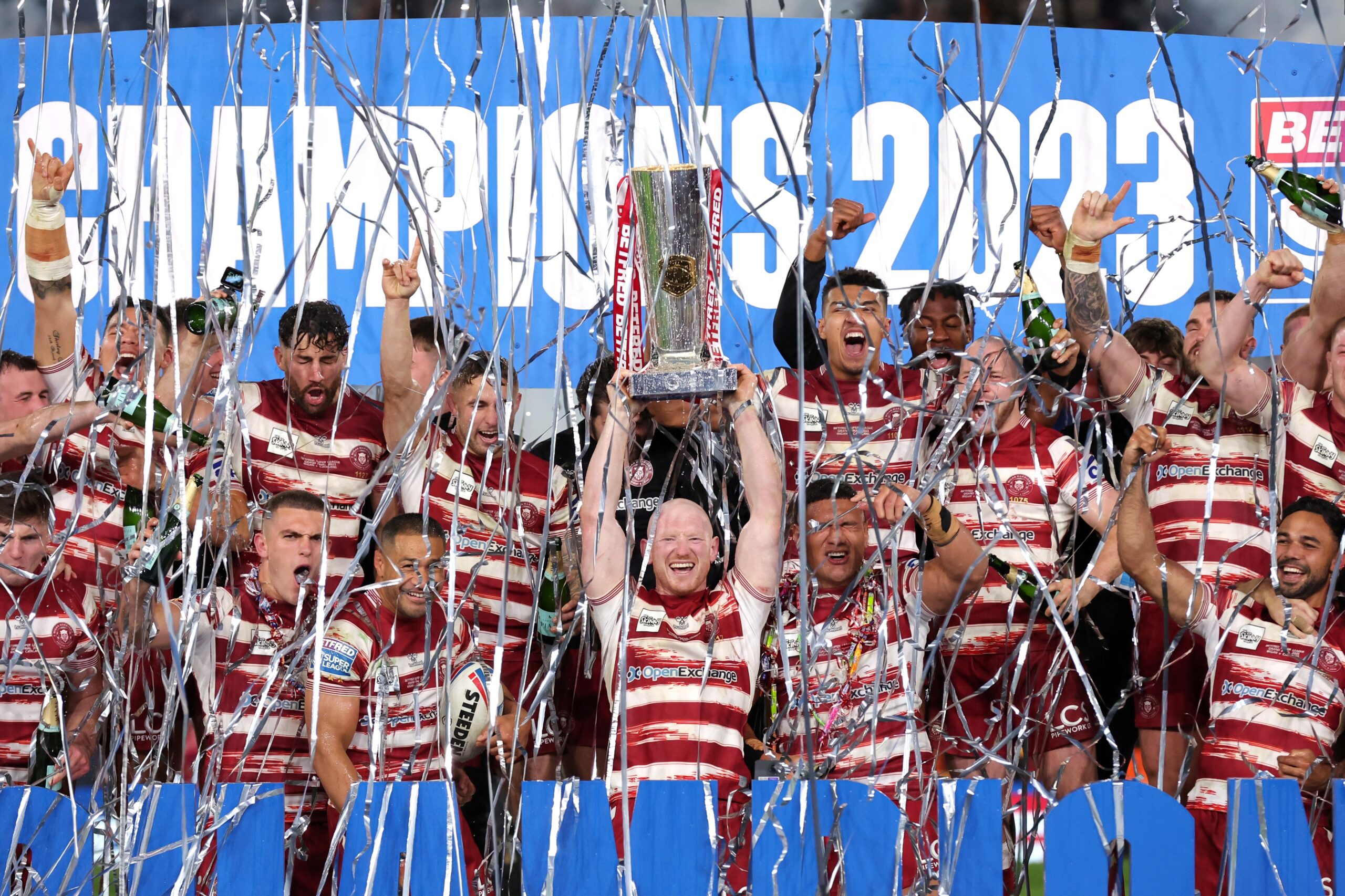Rugby League without scrums is a difficult concept to grasp for most. Over the past year, Super League took the dramatic step of ruling them out. This decision was made in light of concerted efforts to play in the midst of a global health crisis. However, there’s another side to the decision which has raised concerns across the sport, and the issue of concussions and head-related injuries is one that rugby officials have dealt with before.
In early 2021, the headlines were dominated by the retirement of former Leeds Rhinos captain, Stevie Ward – at the age of only 27 – as a result of concussion symptoms. His departure is not the first but has brought fresh concerns to the surface, challenging the current state of a game famous for its physicality.

Scrums, despite being one of the most physically demanding aspects of rugby league, fall under the safer category of moves. The removal of scrums drew significant criticism as fears were raised of head injuries being far more likely to occur without the use of them.
In fact, the susceptibility for injuries due to the increased number of tackles speaks for itself – 76% of concussions in rugby occur as a result of tackling, making them far riskier than scrums.
On the subject of risk, Stevie Ward’s decision wasn’t an isolated incident. He follows his former Rhinos team-mate Rob Burrow, who was diagnosed with motor neuron disease in December 2019. In 2020, Rugby World Cup winner Steve Thompson and seven fellow ex-union players started a claim against the game’s authorities for negligence.
It has now become clear that the balance is a fine one. Change too much and the game you’re playing might not be rugby anymore, change too little and the players are at risk of serious injury. Fortunately, as with other sports like football, the issue of ensuring greater safety for players has triggered small improvements already.

Ward explained in his statement that it was “lazy” to claim that “more research is needed” and that there was a need to be more proactive in tackling a perceived “culture and stigma” around concussion.
Ex-World Rugby medical advisor Dr Barry O’Driscoll argued that further options to remediate for concussion is limited. He welcomed the new law changes, commenting that penalizing head contact and including tweaks to scrum time were good moves. However, Dr O’Driscoll also stated that the organizations have to be tactical in what they choose to change, for fear of changing the game into touch rugby.
Regardless of these changes, Super rugby League odds are heating up as the fanbase looks ahead to another exciting year. Leeds Rhinos are currently boasting strong 10/1 odds to break a four-year wait by being crowned Super League Grand Final Winner. Meanwhile, current champions St Helens hold impressive 2/1 chances, and Wigan 9/4.
In a simple sense, the continuation of the sport hinges on the fans still wanting to show up. With the duty of care owed to all players, safety improvements should always have a place there. However, the Super League’s annual £40 million television deal with Sky Sports is also crucial to the future of the game. It’s clear that preserving the grit and spirit of rugby league in balance with the safety of its players is a necessity that may take some time to achieve.









